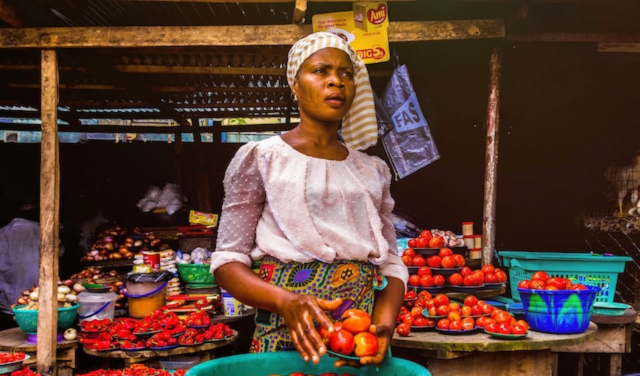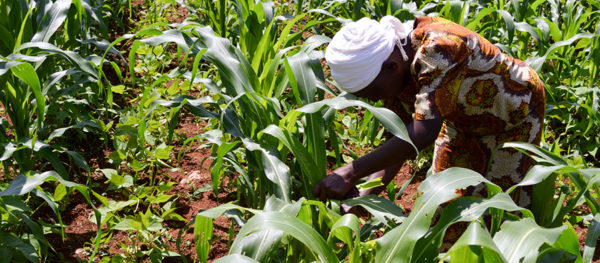Tag: sub-Saharan Africa

Is It Time to Rethink Agricultural Subsidies and Support in Sub-Saharan Africa?
Africa & Middle East: The Global Panel on Agriculture and Food Systems for Nutrition and FAO Regional Office for Africa discuss agricultural subsidies in Africa.
Read MoreActions in Africa Preventing Food Loss and Waste
Global: Ending hunger and ending food waste are central to sustainable development. We can tackle both simultaneously, argues Talentus Mthunzi from FANRPAN.
Read MoreFertilizer Microdosing on Degraded Soils in Sub-Saharan Africa
Africa & Middle East: Land degradation affects more than half of Africa, leading to a loss of an estimated US$42 billion in income and 5 million hectares of productive land each year. A precision-farming technique called “microdosing” is helping farmers address the problem of soil infertility. The International Crops Research Institute for the Semi-Arid Tropics (ICRISAT), a member of […]
Read More

